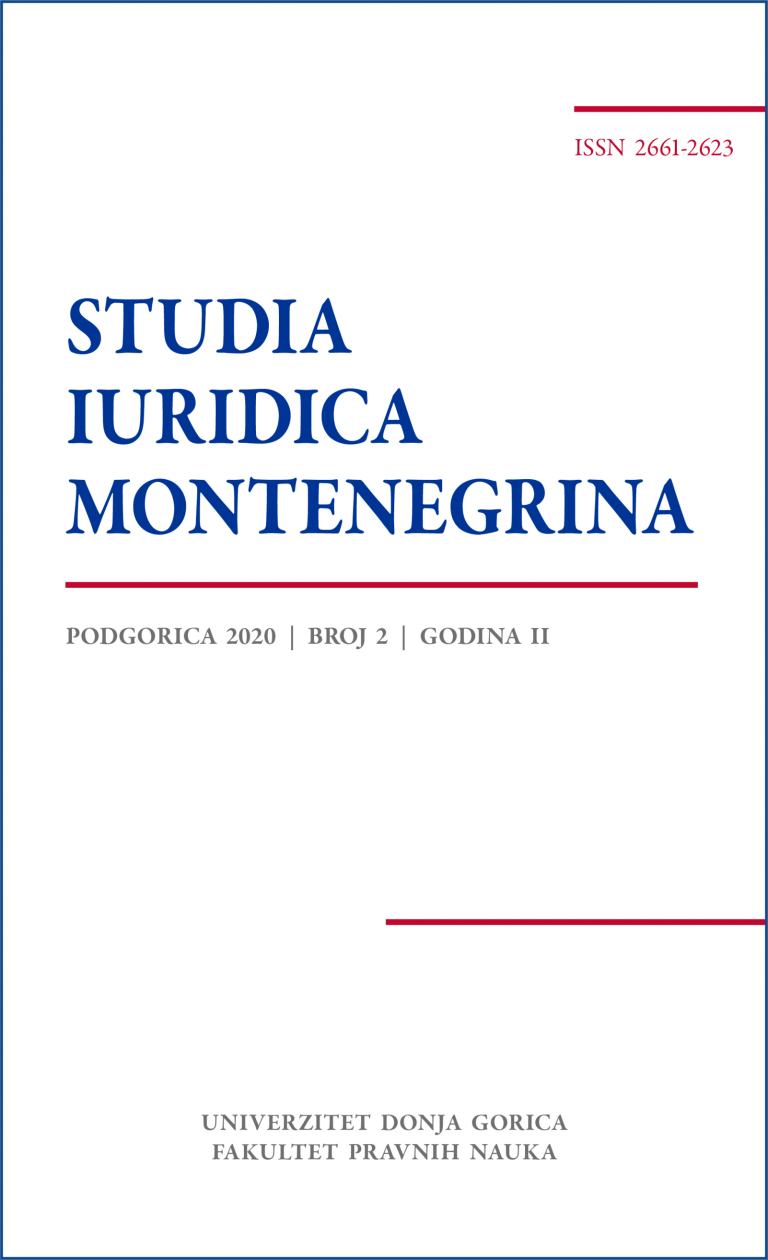Savremeni izazovi regulisanja radnog vremena: da li je granica između radnog i slobodnog vremena isuviše zamagljena?
Modern challenges of regulating working time: is the boundary between an employee`s working and free time too blurred?
Author(s): Milica Kovač OrlandićSubject(s): Law, Constitution, Jurisprudence
Published by: Fakultet pravnih nauka Univerziteta Donja Gorica
Keywords: radno vrijeme; slobodno vrijeme; nestandardni modeli regulisanja radnog vremena; pravo zaposlenog na „diskonekciju“; kolektivno pregovaranje
Summary/Abstract: The traditional working time model, which includes an eighthour workday and a 40-hour working week and within which employees disconnect from work after their working hours are over, has undergone radical changes in the last few decades. In accordance with that, this paper analyses the reasons why this working 117 time model has collapsed, and which are mostly related to the development of information and communication technologies as well as lifestyle changes within the consumer culture. Labor legislation has provided adequate answers to some of these challenges, so today a number of issues related to shift, split shift, night and overtime work are regulated by law, including those related to part-time work, on-call work, standby work, redistribution of working hours and many others. However, it is evident that some working time arrangements and working time modifications, that have become common in the labour market still fail to be regulated, being specific by their character of denying constitutionally guaranteed employee´s right to restricted working time and adequate rest periods. Additionally, the aforementioned working time arrangements and modifications have resulted in making the boundary between an employee`s working and free time not visible. This paper points at the reasons why the working time of the employee should stay separate from his/her free time, the most important among them is linked to the necessity of limiting the employer´s authority over the employee. Apart from this, the paper critically considers the role of social partners, especially trade unions, in regulating working hours, concluding that their more active approach would significantly contribute to finding flexible forms of working time that are able to meet both the employee´s interests and the employer´s ones.
Journal: Studia Iuridica Montenegrina
- Issue Year: II/2020
- Issue No: 2
- Page Range: 101-117
- Page Count: 17
- Language: Montenegrine

